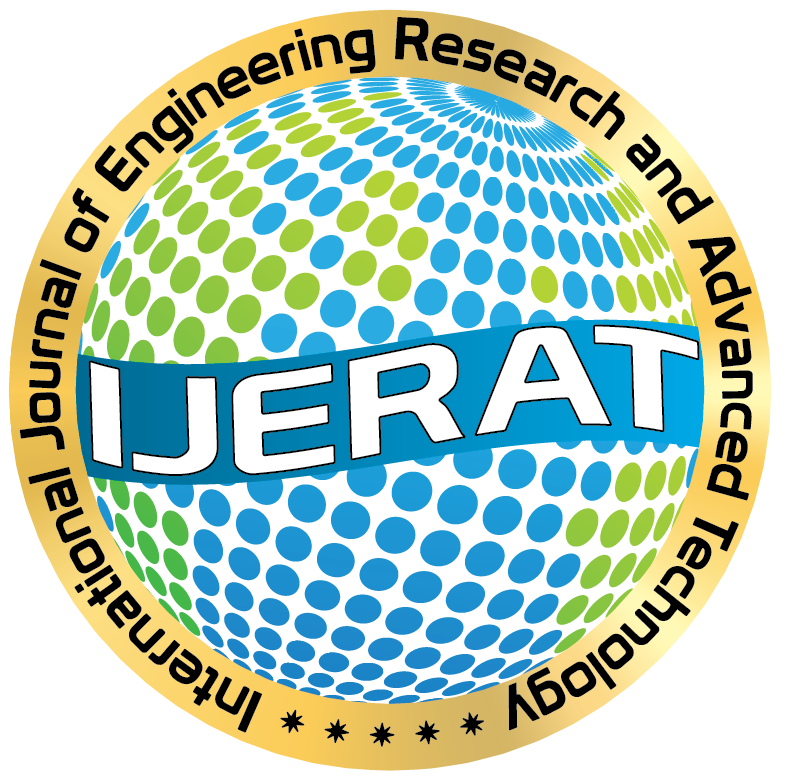Novel Hetero-Associative Memory: A Modified Bidirectional Associative Memory
Keywords:
Associative memory, Bidirectional Associative Memory, Neural network, Pattern recognition.Abstract
Associative memory is a data collectively stored in the form of a memory or weight matrix, which is used to generate output that corresponds to a given input, can be either auto-associative or hetero-associative memory. A Bidirectional Associative memory neural network is one of the most commonly used neural network models for hetero-association and optimization tasks, it has several limitations. For example, it is well known that Bidirectional Associative memory neural networks has limited stored patterns, local minimum problems, limited noise ratio and shifting and scaling problems. This research will suggest to improve the Bidirectional Associative Memory neural network by modifying the net architecture, learning and convergence processes,
and this modification is to increase the performance of the associative memory neural network by avoiding most of the Bidirectional Associative Memory neural network (BAM) limitations. This research will propose to modify Bidirectional associative memory (MBAM) to improve the efficiency of BAM in order to decrease the network size and weight size. In additional to increase the ability for noise robust as well as speed up its learning and convergence process. The results proved that the MBAM net can learn and recognize unlimited patterns in varying sizes with the acceptable percentage noise and overcomes most of limitations BAM except shifting and scaling problems.








